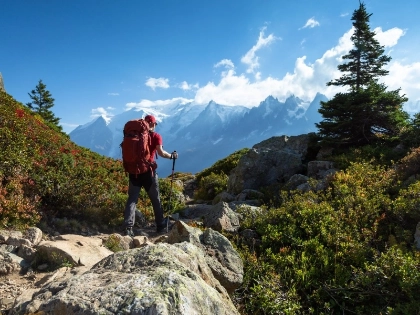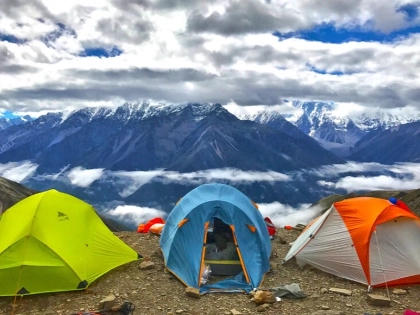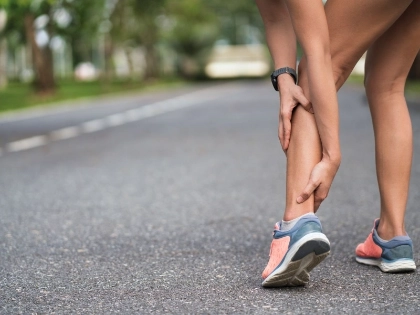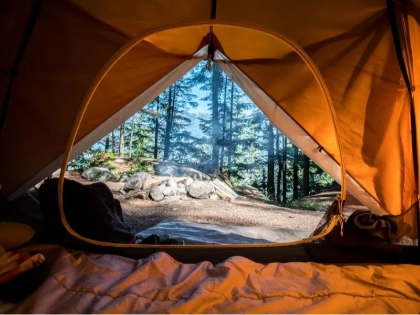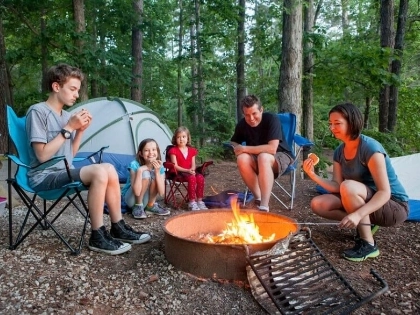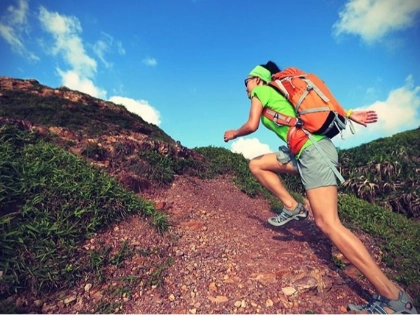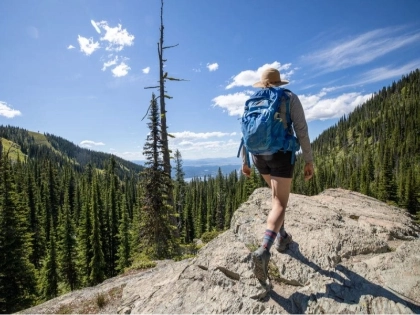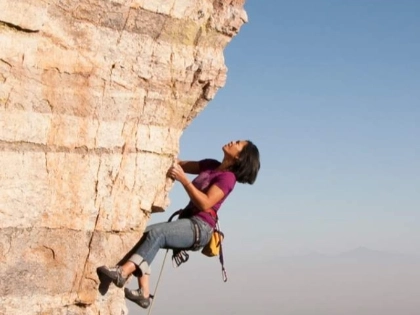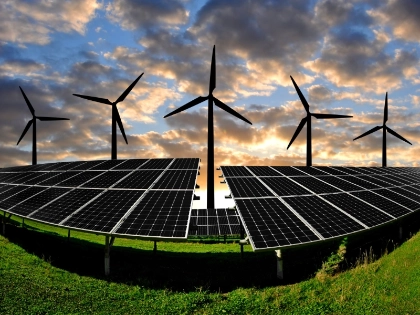How to Camp Safely
It's critical to protect yourself from food-borne illness risks and other hazards when camping. Germs can be stopped by constantly washing your hands and separating raw and cooked food. Hand sanitizer with 60% alcohol content can be used as a substitute for soap and water in an emergency.
Don't Draw in Animals.
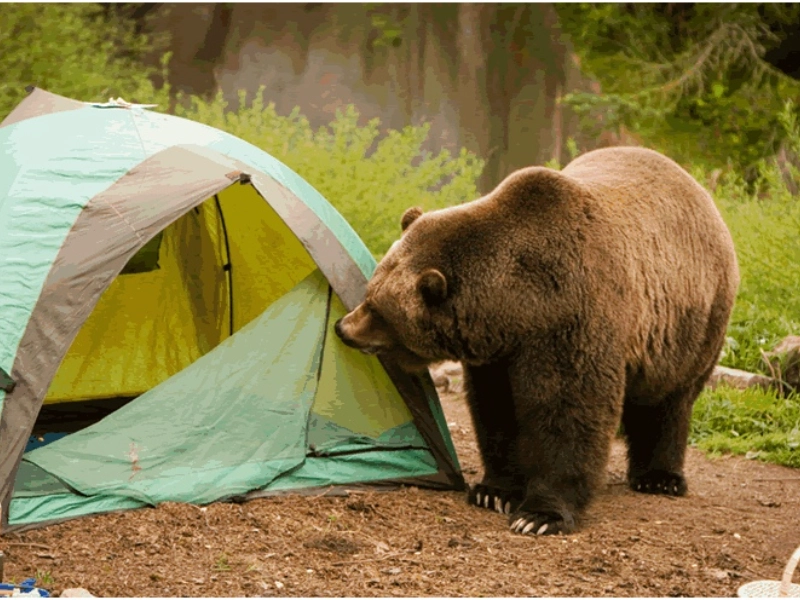
Keep your equipment in your car.
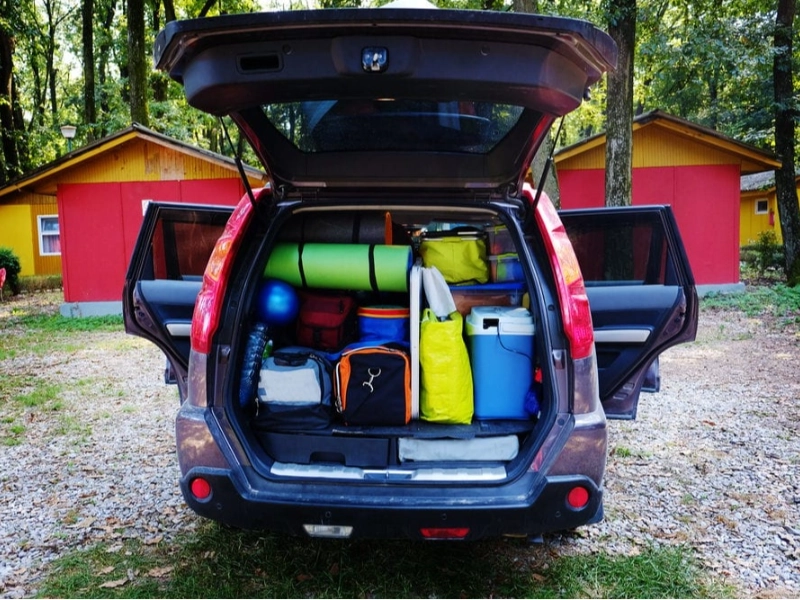 Although most campsites can tolerate some rain, you should be ready to leave if it gets too much. This also applies to temperatures that are below freezing and hot weather.
Always carry a map and a first aid kit. Additionally, several outdoor sports goods businesses offer wilderness first aid courses that you might want to pursue. It might save your life to know what to do in an emergency.
Bringing a water purification device, like a boiling water kettle or the portable filters available at most outdoor sporting goods stores, is also a smart idea. By doing this, you can prevent drinking tainted water that can cause disease and illness.
Although most campsites can tolerate some rain, you should be ready to leave if it gets too much. This also applies to temperatures that are below freezing and hot weather.
Always carry a map and a first aid kit. Additionally, several outdoor sports goods businesses offer wilderness first aid courses that you might want to pursue. It might save your life to know what to do in an emergency.
Bringing a water purification device, like a boiling water kettle or the portable filters available at most outdoor sporting goods stores, is also a smart idea. By doing this, you can prevent drinking tainted water that can cause disease and illness.
Avoid contact with wild animals.
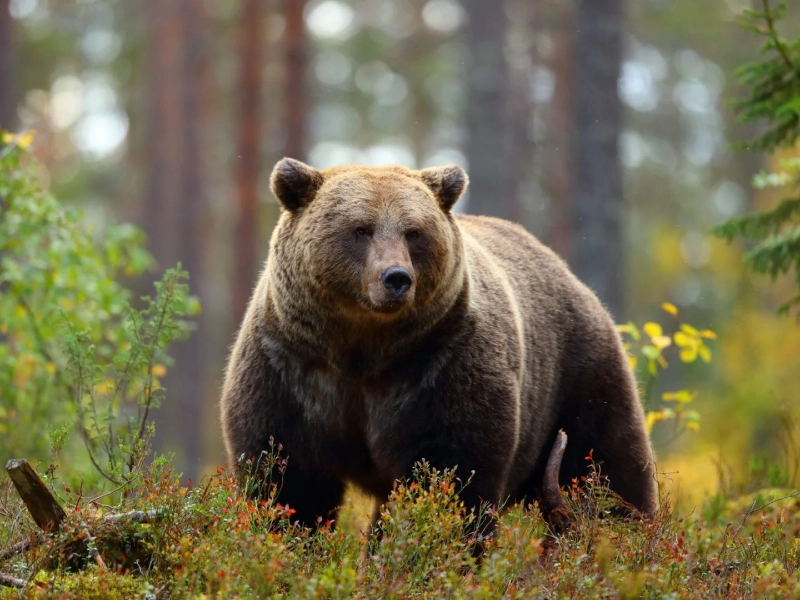 There are several creatures that can bite and sting you in addition to larger ones that could endanger your food. Itching, pain, sickness, and even allergic reactions can be brought on by these insects.
When camping, stay far away from wild creatures. Make sure you cook at least 200 feet away from the camp and don't leave any food out. Keep anything you have in a cooler or sealed containers. Additionally, avoid hanging scented items around your tent, such as deodorant or soap. The creatures will be drawn to the smell. Turn down the volume and play some classical music to ward off the animals. It will also cover out human sounds and odours.
There are several creatures that can bite and sting you in addition to larger ones that could endanger your food. Itching, pain, sickness, and even allergic reactions can be brought on by these insects.
When camping, stay far away from wild creatures. Make sure you cook at least 200 feet away from the camp and don't leave any food out. Keep anything you have in a cooler or sealed containers. Additionally, avoid hanging scented items around your tent, such as deodorant or soap. The creatures will be drawn to the smell. Turn down the volume and play some classical music to ward off the animals. It will also cover out human sounds and odours.
Prevent Food-Related Illnesses.
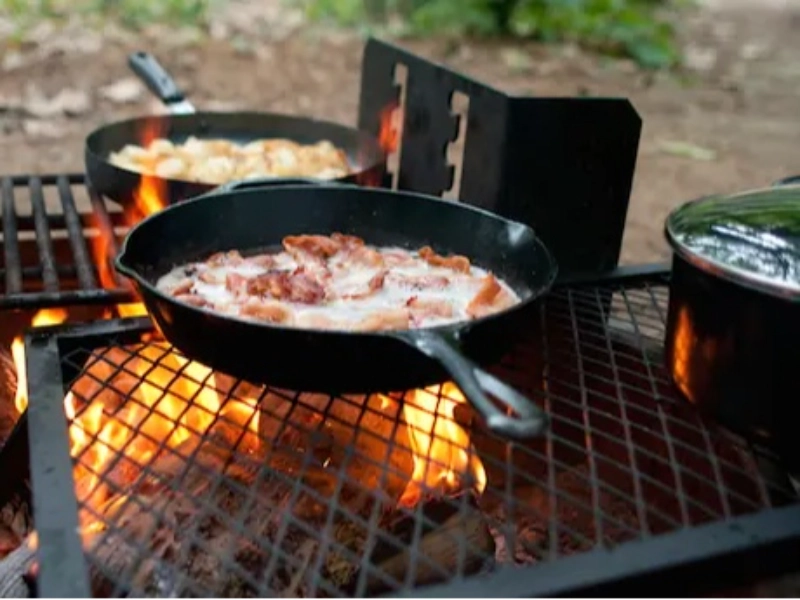 Food that we pack for camping excursions may contain microorganisms that can make us sick. Alberta Health Services states that incorrect cooking or storage of the food is a common cause of many ailments.
It's crucial to store hot food at 160 degrees Fahrenheit and cold food at 40 degrees or lower. Use different, clean platters, spatulas, and tongs for raw and cooked food to prevent cross-contamination. Before handling food, going to the restroom, changing diapers, or handling pets, give your hands a 20-second soap and water wash.
Make sure the meat has reached a safe temperature before grilling it over a campfire by using a meat thermometer. Additionally, avoid drinking untreated or unboiled water from lakes or streams.
Food that we pack for camping excursions may contain microorganisms that can make us sick. Alberta Health Services states that incorrect cooking or storage of the food is a common cause of many ailments.
It's crucial to store hot food at 160 degrees Fahrenheit and cold food at 40 degrees or lower. Use different, clean platters, spatulas, and tongs for raw and cooked food to prevent cross-contamination. Before handling food, going to the restroom, changing diapers, or handling pets, give your hands a 20-second soap and water wash.
Make sure the meat has reached a safe temperature before grilling it over a campfire by using a meat thermometer. Additionally, avoid drinking untreated or unboiled water from lakes or streams.
Maintain a Clean Campsite.
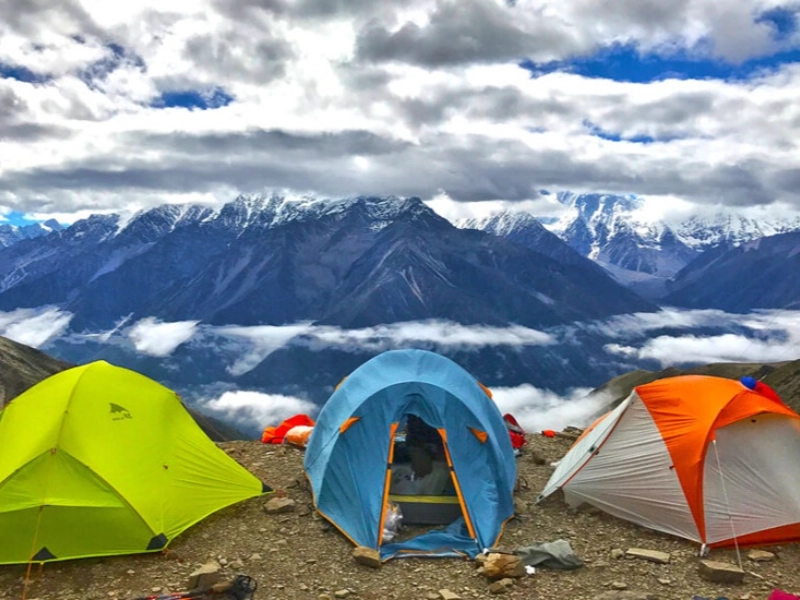 Maintaining a tidy campground is crucial whether you're car camping or hiking. This include cleaning up any mess left behind, putting food away, and washing any cooking tools. By doing this, you can keep everyone safe and lessen the likelihood of drawing animals and insects to your camp.
Don't forget to bring hand sanitizer, scent-free soap, and a bundle of towels. When water is scarce or impractical, baby wipes are another useful tool for staying clean. Having precise GPS coordinates for your camping location is also beneficial. This manner, in the event of an emergency, you can promptly send help by providing your location to friends and relatives. Additionally, don't forget to bring tampons or other feminine hygiene goods.
Maintaining a tidy campground is crucial whether you're car camping or hiking. This include cleaning up any mess left behind, putting food away, and washing any cooking tools. By doing this, you can keep everyone safe and lessen the likelihood of drawing animals and insects to your camp.
Don't forget to bring hand sanitizer, scent-free soap, and a bundle of towels. When water is scarce or impractical, baby wipes are another useful tool for staying clean. Having precise GPS coordinates for your camping location is also beneficial. This manner, in the event of an emergency, you can promptly send help by providing your location to friends and relatives. Additionally, don't forget to bring tampons or other feminine hygiene goods.
In the event of an emergency, seek shelter.
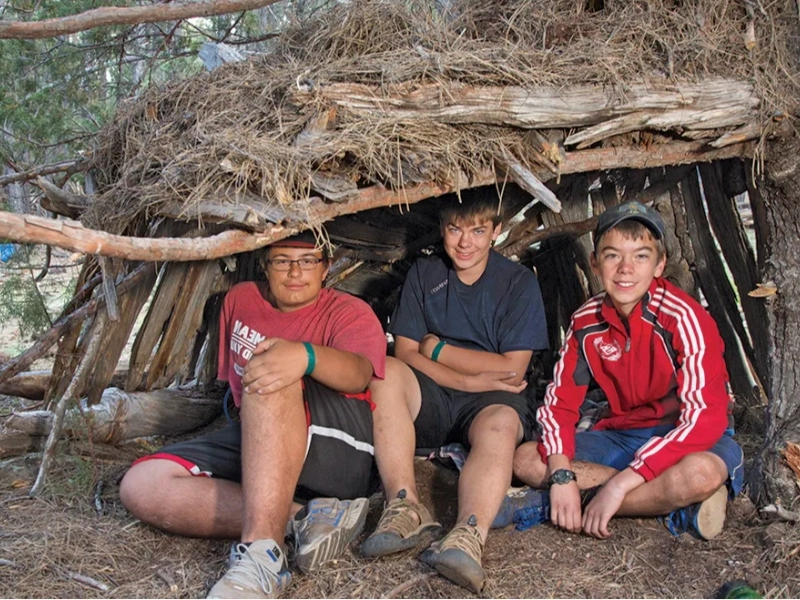 It's crucial to be ready for anything, even while storms and tornadoes account for the majority of crises associated to camping. Make sure you are aware of how to receive emergency assistance in case you need it, and check the forecast.
Take cover as soon as you hear thunder and see lightning. The best spots to seek cover are in a car or the lowest floor of a structure, away from windows.
Ensure that every member of the family is knowledgeable on basic first aid and pack a first aid kit that is well filled. If at all possible, enrol in a wilderness first aid course prior to your journey. In the event of a sickness or accident in the outdoors, this can save lives.
It's crucial to be ready for anything, even while storms and tornadoes account for the majority of crises associated to camping. Make sure you are aware of how to receive emergency assistance in case you need it, and check the forecast.
Take cover as soon as you hear thunder and see lightning. The best spots to seek cover are in a car or the lowest floor of a structure, away from windows.
Ensure that every member of the family is knowledgeable on basic first aid and pack a first aid kit that is well filled. If at all possible, enrol in a wilderness first aid course prior to your journey. In the event of a sickness or accident in the outdoors, this can save lives.
